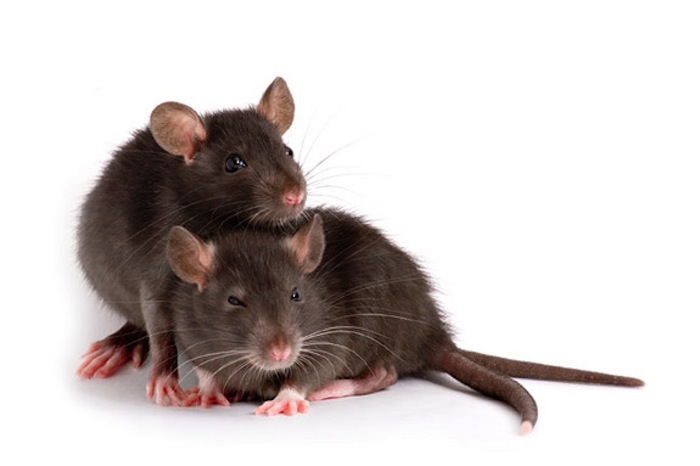Like Humans, Rats Experience Regret, Study Suggests

Just as humans lament not pursuing a lover or bemoan having eaten that extra slice of chocolate cake, rats may experience feelings of regret, too, new research suggests.
When rats were given the option of visiting rooms that contained different foods, and they skipped a good deal for a worse one, they glanced back at the former room, rushed through eating the snack and were more likely to tolerate longer wait times for what they considered the more desirable food , researchers found.
Furthermore, the rats' brain activity represented the missed opportunity, suggesting the animals were, in fact, experiencing regret over their choice. [7 Thoughts That Are Bad For You]
"The rat is representing the counterfactual — the 'what might have been,'" David Redish, a neuroscientist at the University of Minnesota in Minneapolis, and senior author of the study detailed today (June 8) in the journal Nature Neuroscience.
No other studies have shown convincingly that any animal besides humans experience regret, though some studies hinted it was possible, the researchers said.
Restaurants for rats
How do you define regret? You can't exactly ask a rat if it feels regret, but even if you could, it wouldn't be proof, just as it can be difficult to tell if a human feels regret just by asking them.
Sign up for the Live Science daily newsletter now
Get the world’s most fascinating discoveries delivered straight to your inbox.
It's important to distinguish between regret and disappointment, Redish told Live Science. Regret occurs when you make a mistake, but recognize there's an alternate action you could have taken that would have resulted in a better outcome, he said. Disappointment happens when "the world's just not as good as you hoped, but it's not necessarily your fault," he said.
To test whether rats could feel regret, Redish and his graduate student Adam Steiner designed a kind of "restaurant row" for the animals — a circular enclosure with pathways leading off it to "restaurants" with different kinds of food, which were dispensed after some delay.
As a rat passed each pathway, it heard a tone that told the animal how long it would have to wait for the food (like being told the wait time at a restaurant). Each rat had its own favorite food, such as banana or chocolate, and would wait longer to get it, Redish said. Each rat was given an hour to explore the enclosure, during which it could only move in one direction between restaurants.
Rodent regret
If the rat passed up a good deal — for instance, bypassing a food it liked in favor of a shorter wait time — and encountered a worse deal at the next restaurant, it would glance backward at the one it passed up. Not only that, the rat rushed through eating its chosen food, much like a regretful human would, and was more likely to take a "worse deal" in the future, the researchers said.
But the rats' behavior was only part of the story. The researchers also made electrical recordings of the rats' brains during the task, from neurons in the orbitofrontal cortex, the part of the brain that is active in human brain scans when people feel regret. Decoding these signals allowed the researchers to "read the rat's mind," Redish said.
Surprisingly, when the rats were looking back at the restaurant they ultimately passed up, their brains showed a representation of entering that restaurant — not of the food they missed. The findings suggest the animals were expressing regret over their actions, rather than just disappointment, the researchers said.
If rats can feel regret, what about other animals? Redish speculates that any mammal might be capable of the feeling, because they have many of the same brain structures as rats and humans.
"Regret is something we think of as very human and very cognitive," Redish said, but "we're seeing that the rats are much more cognitive than we thought."
Follow Tanya Lewis on Twitter and Google+. Follow us @livescience, Facebook & Google+. Original article on Live Science.










